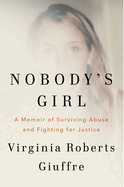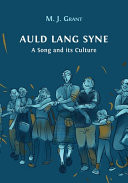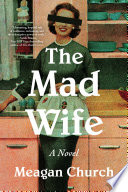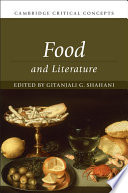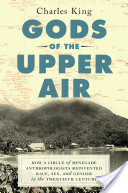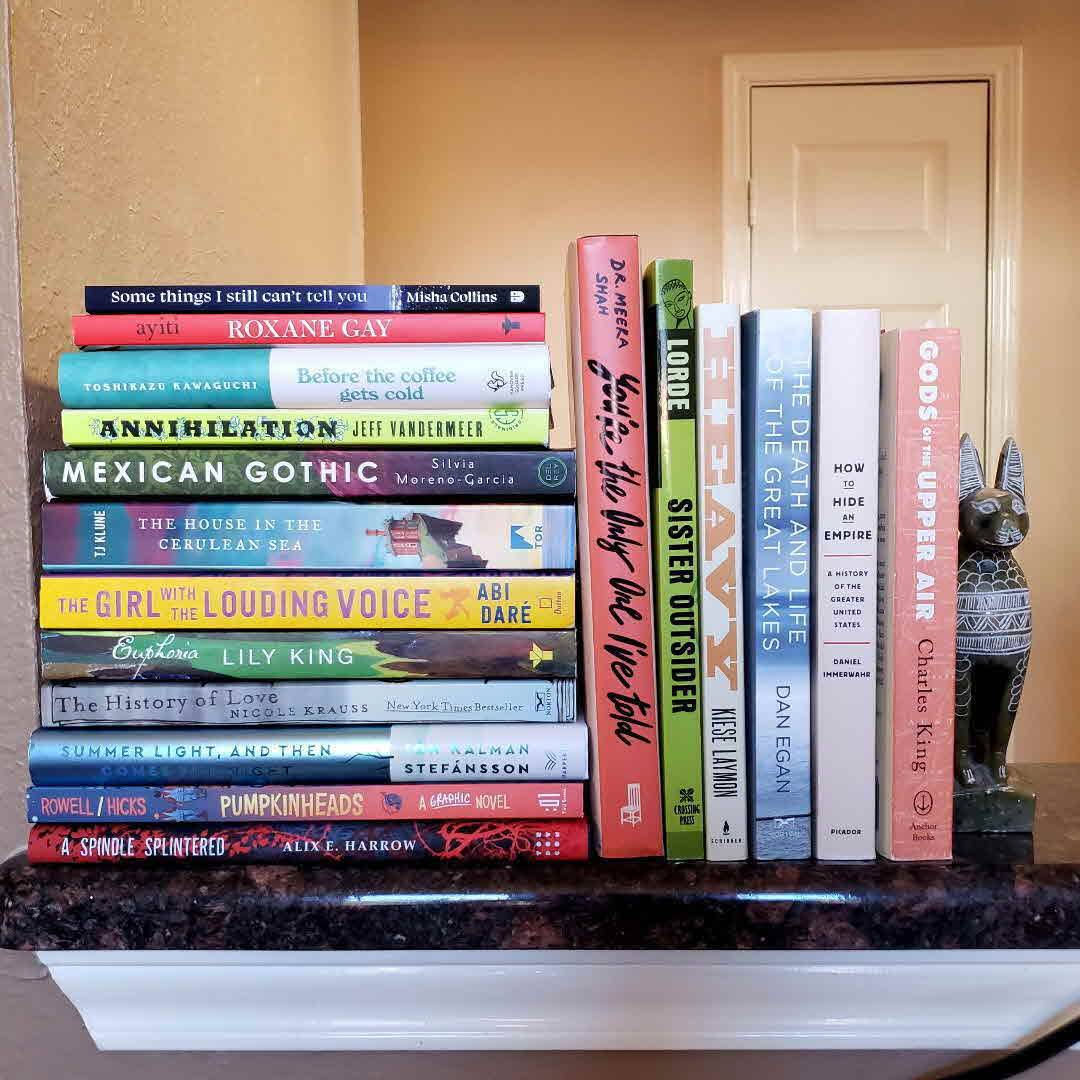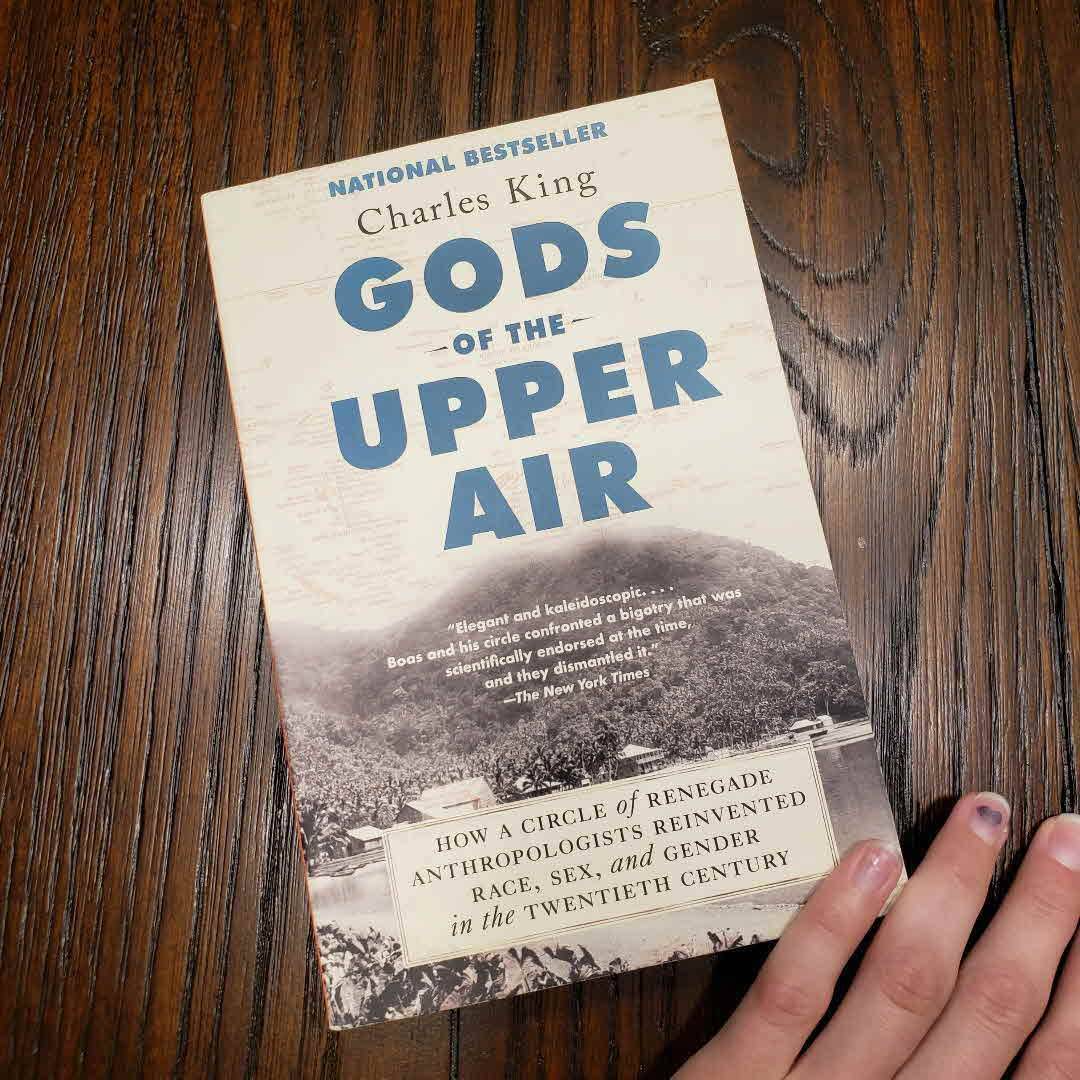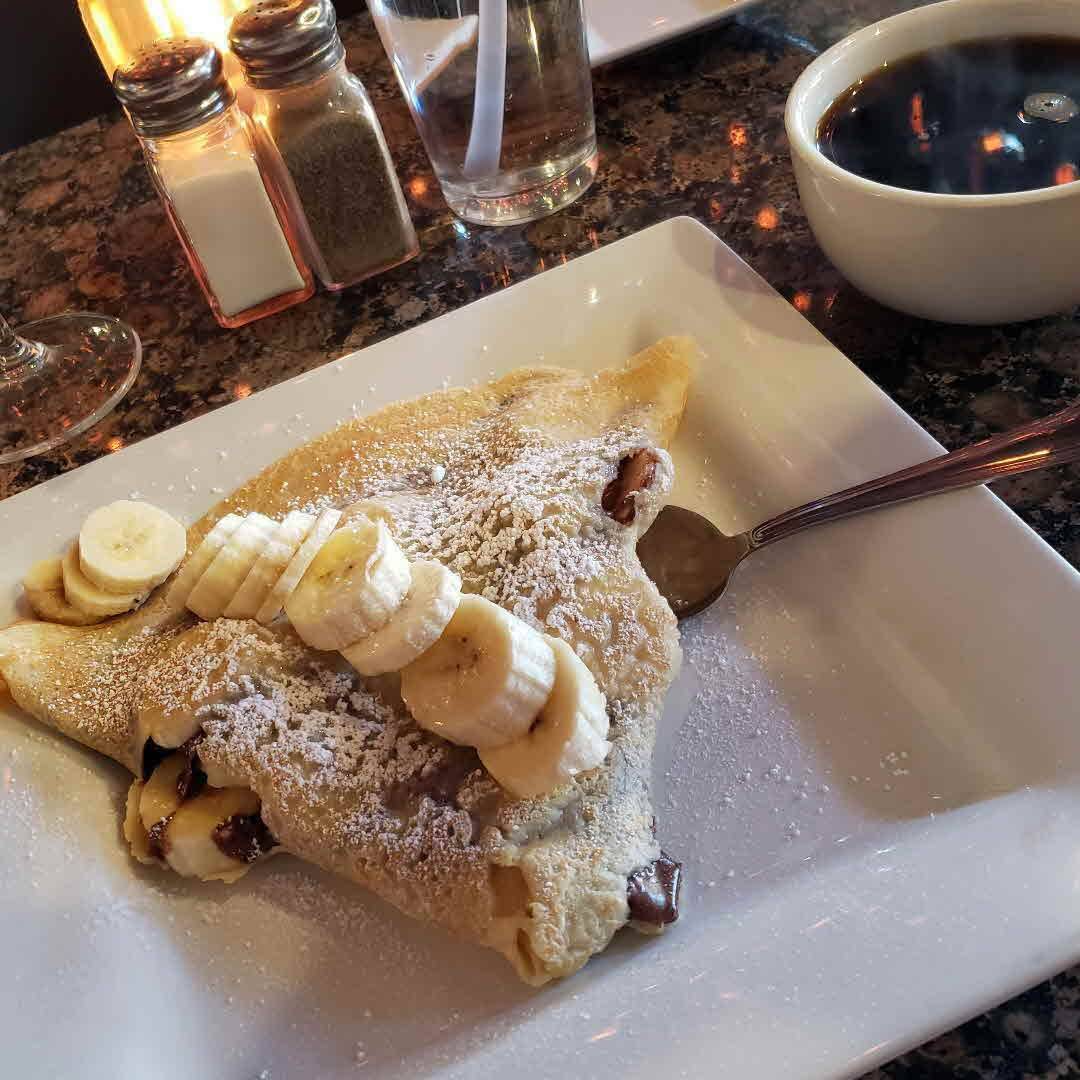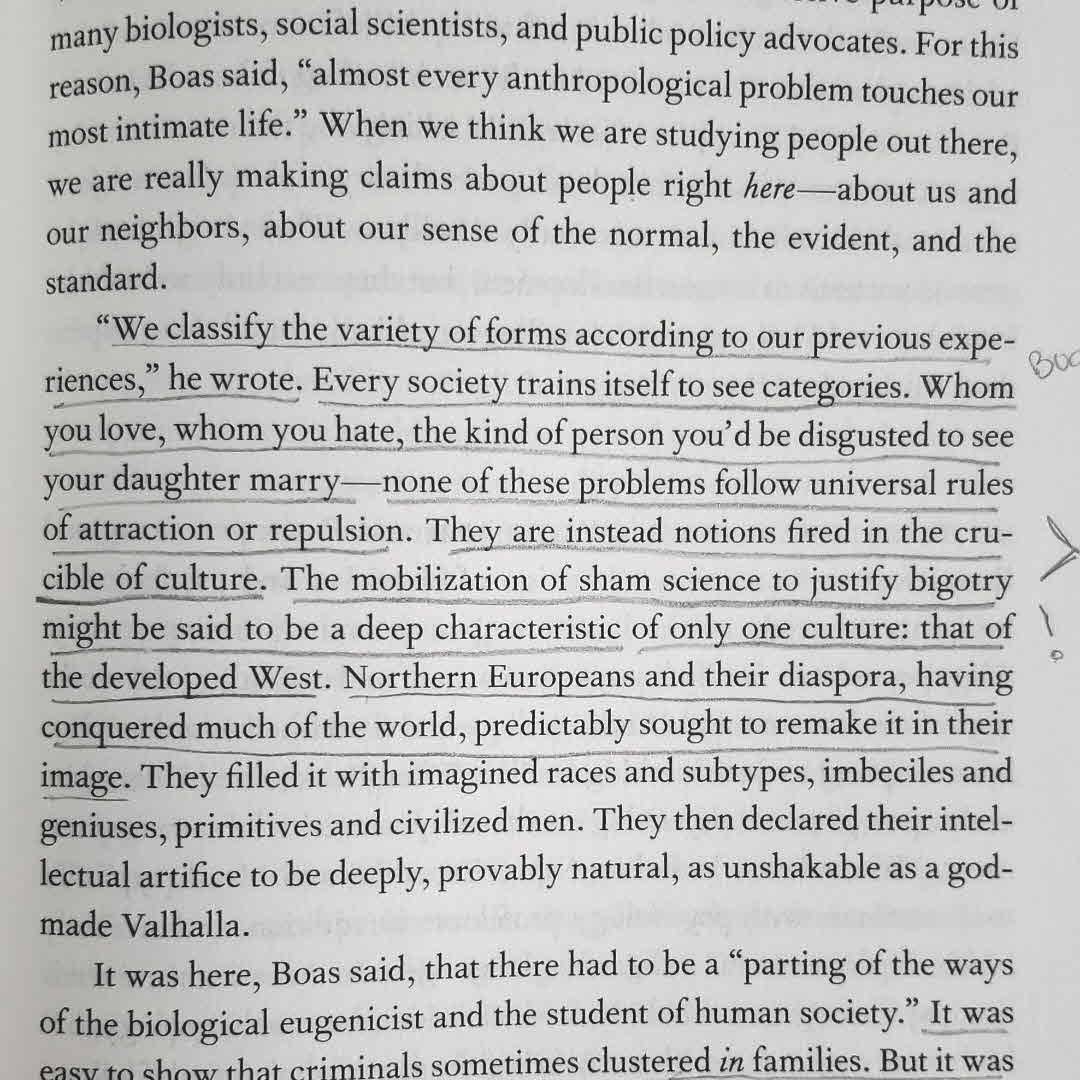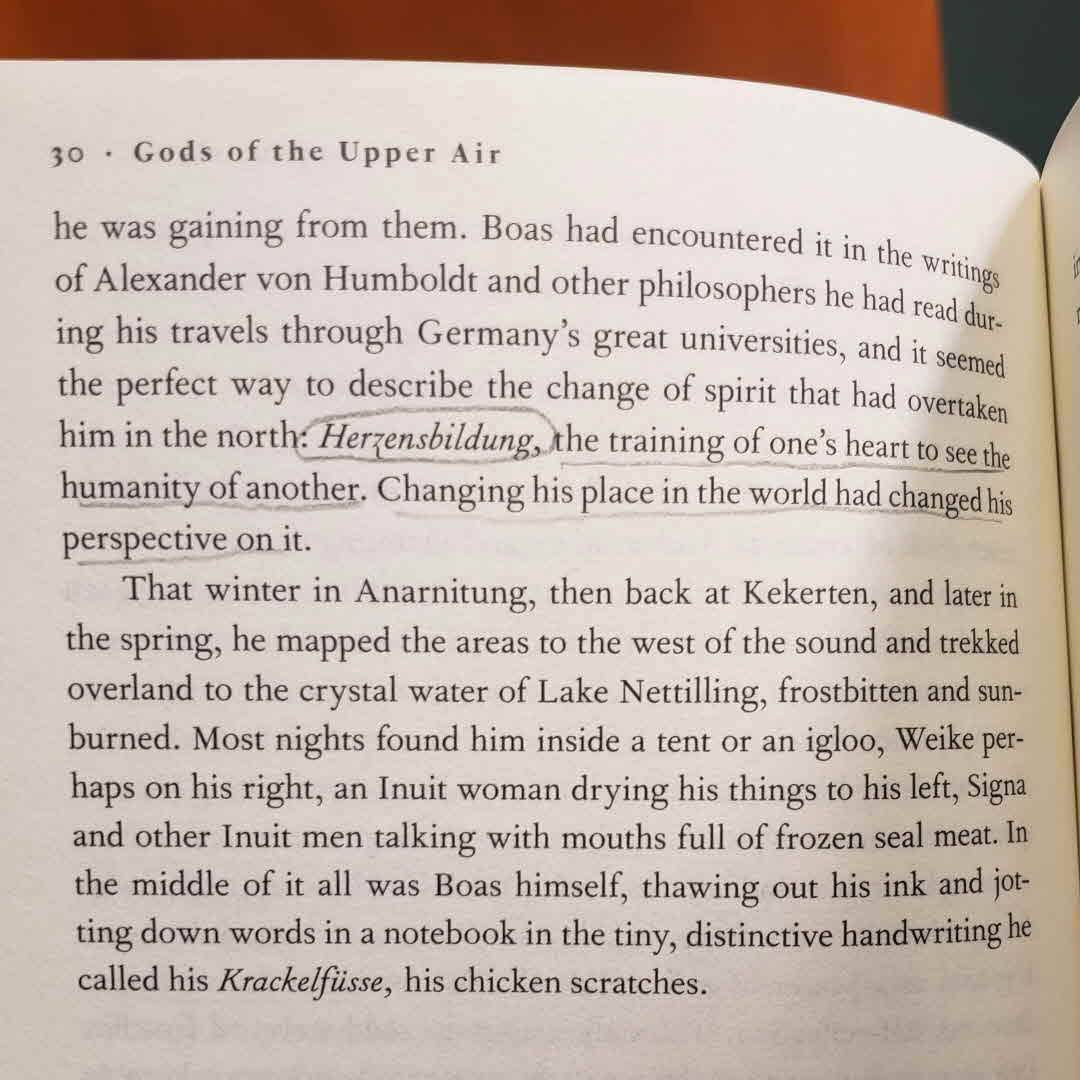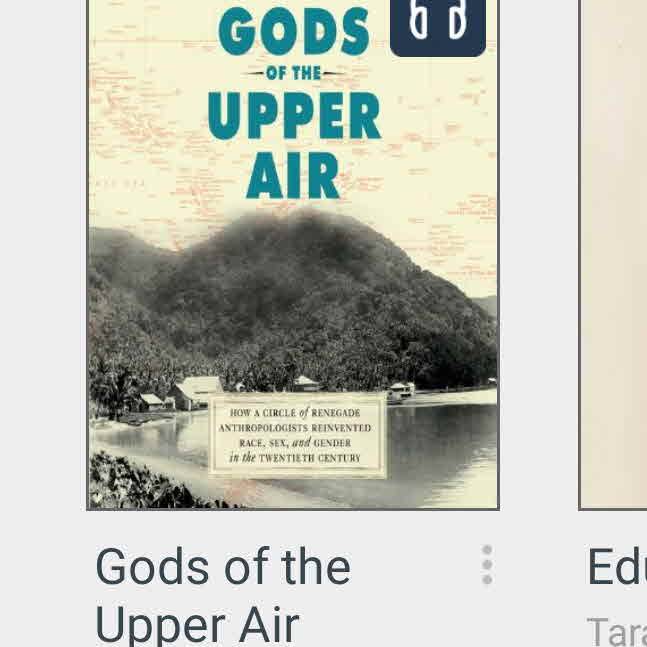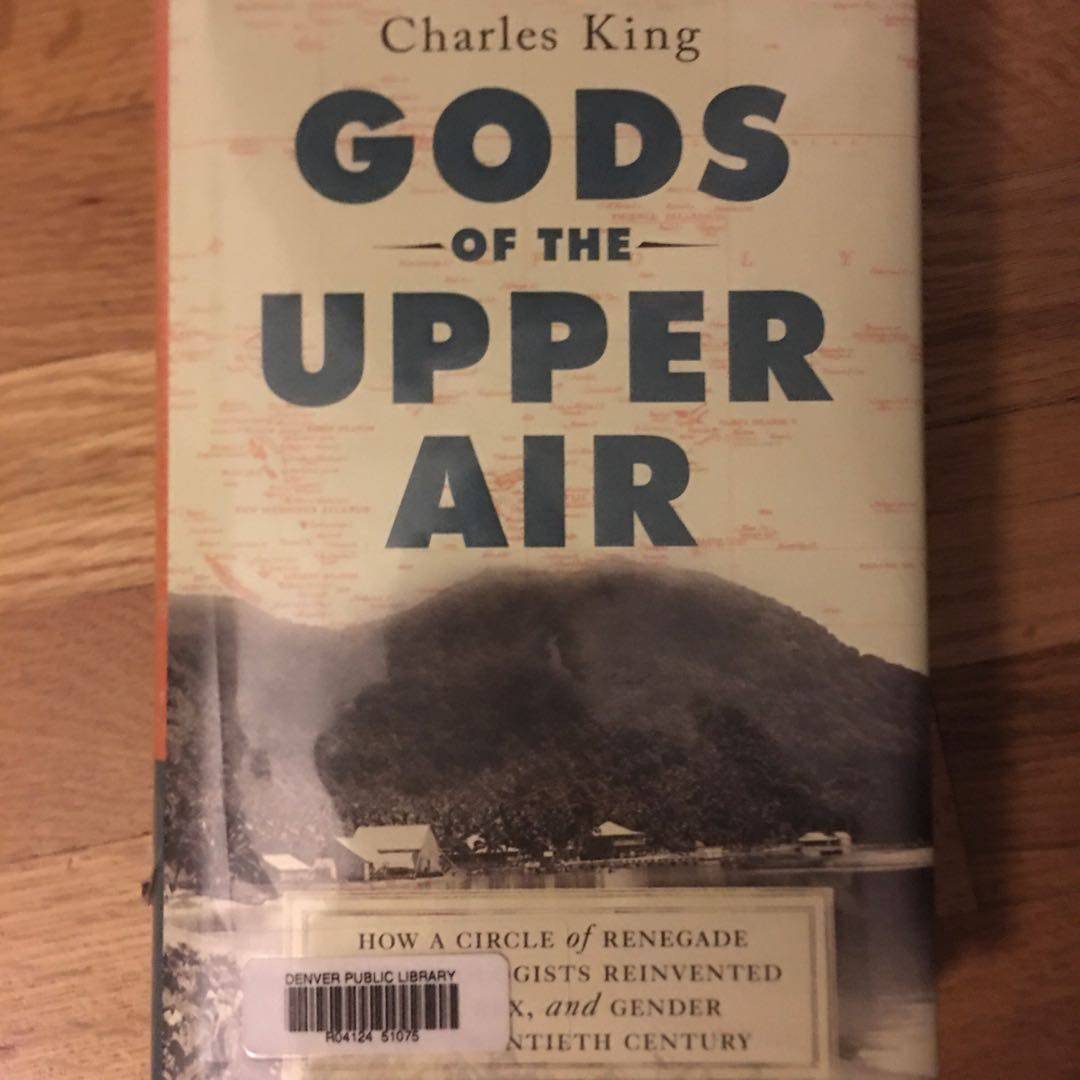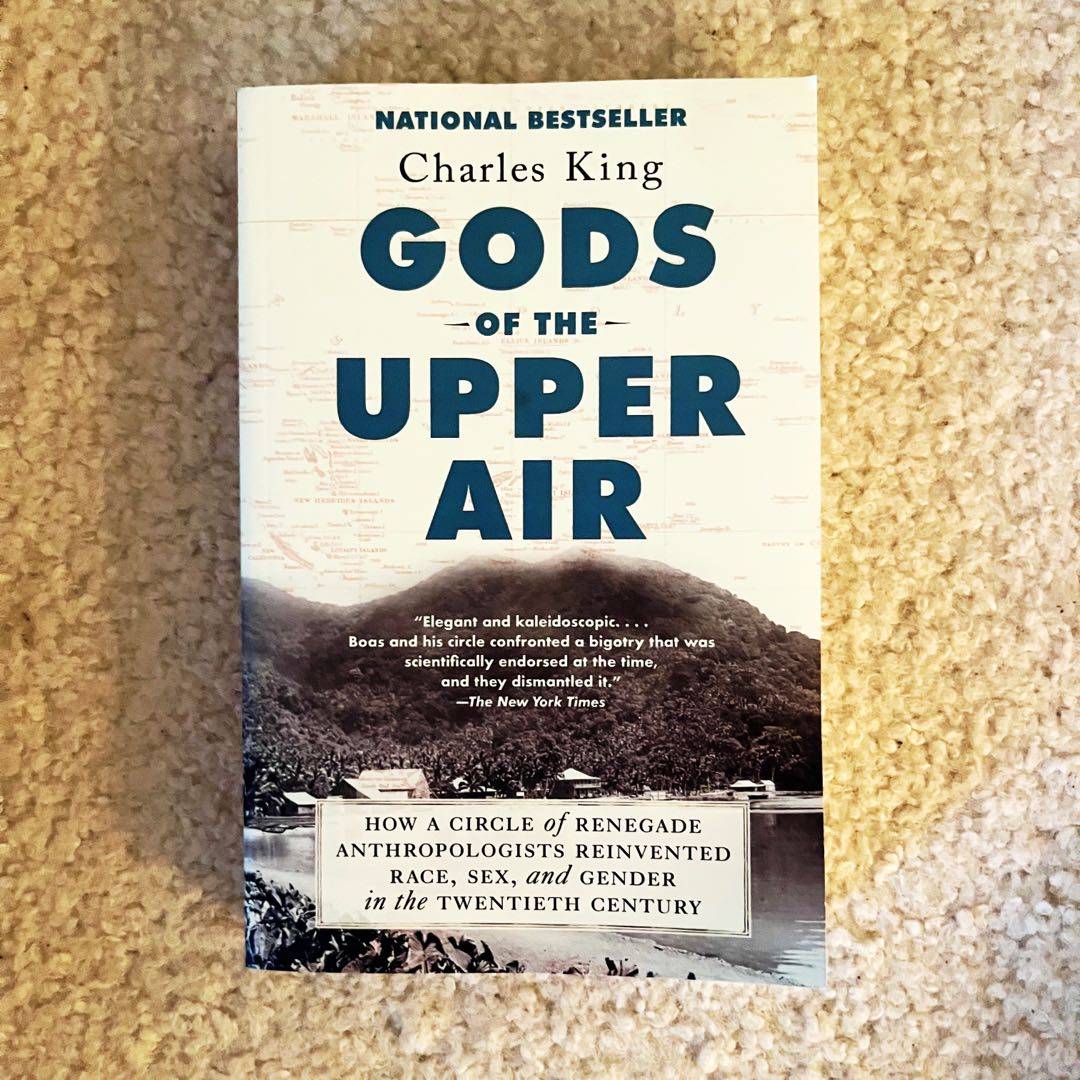
My 2021 Reading Roundup:
23 titles total
3 e-books
1 borrowed/returned
1 read/gifted
My Top Six:
1. Gods of the Upper Air by #CharlesKing (tagged)
2. The House in the Cerulean Sea by #TJKlune
3. The Death and Life of the Great Lakes by #DanEgan
4. They Both Die at the End by #AdamSilvera
5. The Thursday Murder Club by #RichardOsman
6. How to Hide an Empire by #DanielImmerwahr
Honorary Mention:
Some Things I Still Can't Tell You by #MishaCollins







